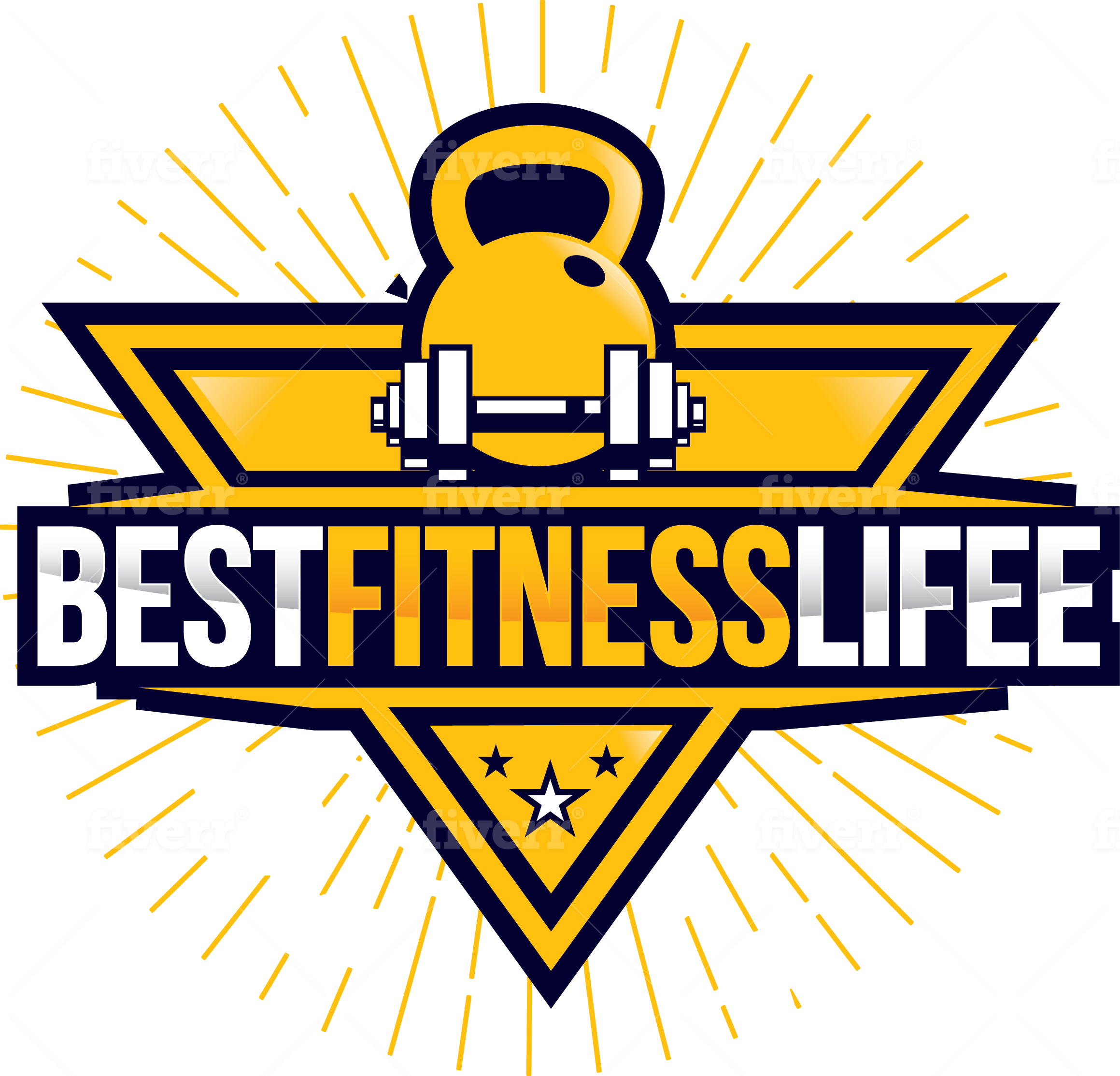Did you know that soy protein contains all the essential amino acids for human nutrition? Or that growth in the global soy protein ingredient market could rise to 7.8% in 2023? Yes, and demand continues to rise. Surely you already know the benefits of soy, but if you also exercise, knowing more about it is mandatory!
Get our organic and natural products that care of you, limited offer !! … Shop Ecooking Products Today!
Just a decade ago, the products derived from this isoflavone-rich legume were only found in health food stores or herbal stores. The entrance of the Internet in our lives has brought many advantages. Among them choosing your favorite soy protein with one click, ideal for lovers of a healthy and slim body.
What do you need to know?
Soy protein is a derivative of the legume of oriental origin that has proven properties as a sports supplement. In addition, it is an excellent source of branched-chain amino acids (BCAAs), that is, of leucine, valine, and isoleucine.
This food supplement is commonly used to replace animal proteins in allergy and lactose intolerant. Also for vegan and vegetarian diets, hence its use by athletes who are in these groups. Soy is the only vegetable food that contains all the essential amino acids.
Soy protein is an excellent alternative to milk protein, as you can see today in most supermarkets. In any case, apart from the already classic “soy milk”, the legume is widely used in sports for its incredible properties. Do you know them Do not? Let’s dig a little deeper below. Pay attention!
When we read “soy protein” we mean the vegetable protein that soy contains. Generally, it is used to replace animal proteins in the diets of individuals. Soy is also the only plant food that contains all the essential amino acids, as well as being low in saturated fat and not containing cholesterol.
What is the nutritional value of soy protein?
Soy is an important source of protein and oil. Therefore, it is a food with high nutritional value. The composition of the grain is as follows: 36.5% protein; 20% lipid; 30% hydrates; 9% dietary fiber; 8.5% water and 5% ash.
Soy protein, meanwhile, is considered a complete protein. That is, it contains the 9 essential amino acids (leucine, isoleucine, tryptophan, histidine, lysine, methionine, phenylalanine, threonine and valine).
Who is soy protein recommended for?
For people who need to eliminate animal proteins from their diet. This is either for health or ideological reasons, as it happens with vegan and vegetarian individuals. We recommend them for people allergic and intolerant to milk and dairy products. The reasons given are those that originate from its use as a sports supplement.
In addition, people allergic and lactose intolerant should refrain from ingesting whey protein. This is why many athletes with this problem opt for soy protein for muscle recovery. Its virtues in this last aspect are beyond doubt.
Why is soy protein shakes so important to some athletes?
Let’s start at the beginning: if you like sports and are a regular at gyms, you’ve already heard of protein shakes. What’s more, you may already be consuming one of these food supplements. After practicing intense exercise, your body needs nutrients to recover and gain muscle mass.
Protein shakes can repair damaged tissues for weight gain in the form of muscle mass. Why soy protein? Because if you are a vegetarian or vegan, your regular diet will have a lot of fiber, but this can reduce protein absorption. Also, if you are lactose intolerant, you can gain muscle mass with this soy product.
What are the advantages and disadvantages of soy protein for an athlete?
Both specialized stores and athletes increasingly demand soy protein as it is a vegetable source of protein with great health benefits. What are its advantages and disadvantages?
- It regulates cholesterol, what’s more, it reduces “bad” cholesterol (LDL) and increases “good” (HDL)
- Reduces the risks of heart disease
- Plant protein source as a substitute for people who do not consume animal protein
- Aids muscle development and reduces damage to muscle fibers after exercise
- Provides essential amino acids for building muscle
- Some research shows that it can be beneficial for weight loss
- There are studies that attribute protective effects against cancer but are not yet conclusive
- Soy is a good source of Omega-3, is low in fat and lactose-free
- It is rich in saponins, which stimulate autoimmune function, and isoflavonoids, which improve muscle oxygenation.
When it comes to disadvantages, they are
- It contains phytoestrogens (plant estrogens), but there is no medical evidence that these can lead to hormonal changes. A high consumption could cause menstrual disturbances in some women
- Studies linking soy to thyroid problems
- Soy allergy is very common among food allergies. Do not consume soy if you suspect you are allergic
- Soy protein is said to lower testosterone levels in men, but research does not support this assumption.
How can you consume soy protein?
If you are an athlete, you usually ingest soy protein shakes. There are many other products that contain this protein and that you can find in supermarkets or online. We show you various soy derivatives in the following list:
- Soy drink or “milk”. It is a drink made with soy and water that usually substitutes for cow’s milk.
- Tempeh. It is a fermented food made with soy and a mushroom. It is very popular with vegans and vegetarians.
- Tofu. Looking very similar to fresh cheese, it is basically made with curd soy milk. Its flavor is tasteless.
- Soy burgers. They replace the classic meat burgers and are usually made with textured soy. Well known among vegans and vegetarians, with each passing day their demand increases.
- Textured soy protein, which you will find as a meat substitute.
Get our organic and natural products that care of you, limited offer !! … Shop Ecooking Products Today!
Conclusion
From the World Health Organization (WHO), it is recommended that people should ingest one gram (g) of protein for every kilogram (kg) of weight, but only the body mass of each individual is taken into account, without considering other factors that can be fundamental, such as intense exercise.
And when should I take the soy protein shake if I am an athlete? If you just want to keep up, you don’t need to take protein before training. if you are looking to gain volume, it is appropriate. Likewise, a protein shake is indicated after training, specifically within thirty minutes.
If you are a regular gym person, and you are also vegan or vegetarian, regular consumption of soy protein will offer you many benefits. This protein, which contains all the essential amino acids for those allergic or lactose intolerant, popularly called “milk sugar”.
If you liked the article, do not forget to share it on your social networks or leave us a comment that we will be happy to answer. Thank you!







